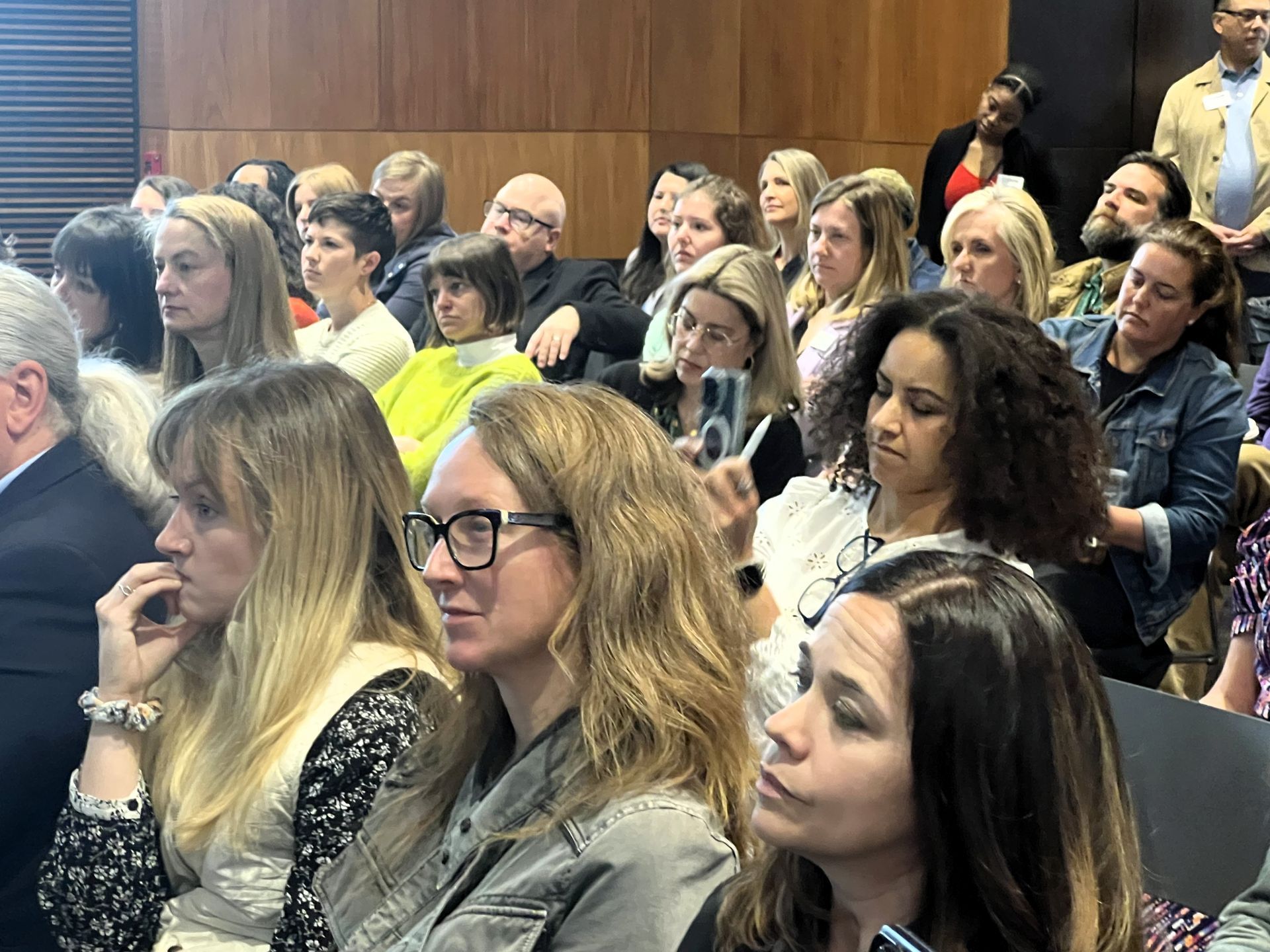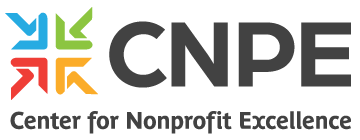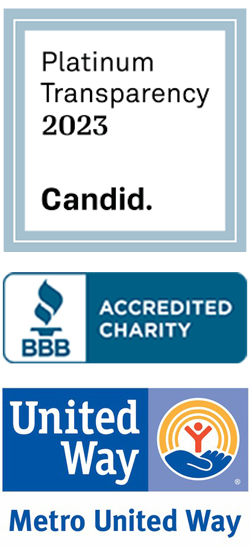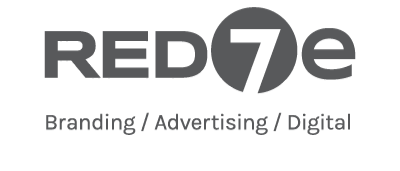What privilege means and how we use it
A guest blog post by Pamela Darnall,
CEO of Family & Children's Place
and CNPE Board Member
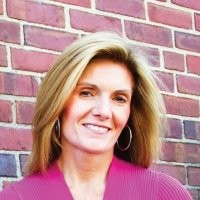
I often hear white friends or family members dispute that they have privilege. They will point to challenges they have faced in the past – and may be still facing – unemployment, poverty, health challenges, and more.
I understand where they are coming from. I grew up in poverty. I had to work hard to achieve some of the things I’ve achieved. But over the years, I’ve come to understand that even in the most difficult portions of my life, as a white person, I still had privilege.
My situation will be familiar to some people. Both my parents grew up living in poverty. They married at 16 years of age, and neither finished high school. That meant they worked minimum wage jobs their entire lives. Sometimes they worked more than one job at a time. Despite their very best efforts and hard work, there were times they did not know what to do. There were times we did not have all we needed.
My childhood experiences shaped how I determined my future professionally and personally. Like many people who grew up the way I did, I didn’t even know what kinds of professions or opportunities might be possible to me. But I did know that I wanted to help children and families in crisis.
There was no money for me to go to college. I had to work my way through – working nights and weekends to pay tuition and studying when I could. Still, I earned a degree and graduated with the highest honors.
On one hand, yes, that reflects my hard work and dedication. But it also reflects opportunities I had that others didn’t. There is plenty of evidence that white kids are more likely to attend better-funded high schools, that they are more likely to be steered toward college preparatory classes, that they find it easier to get jobs that will help them pay for college. It was hard for me, yes. But yet it was also easier for me than it was for kids like me who were black.
My story doesn’t end with college graduation. Upon moving to Louisville in 1985, I worked for Child Protective Services for 10 years, while I also attended graduate school at night at Spalding University. I earned a Masters degree in Counseling Psychology. Working full-time while going to school at night is not the easiest way to get a graduate degree, but it was an opportunity that I was lucky to have.
It also allowed me to shift my career focus. I had been working with families in crises. Now, I wanted to invest my professional life in preventing the crisis before it occurred. I wanted to prevent child abuse and neglect. So about 28 years ago, I joined what is now Family & Children’s Place. In my time here, I have served in several leadership roles, and have been CEO for almost 10 years now.
I share all of this because I want to make it clear that I understand that many white families do know hardship, that they’ve had to fight to get ahead, and that they’ve experienced the feeling that they can’t get a foothold on the American dream.
That is true. But this is also true: One of the crucial things I have learned is that despite my upbringing, as a white person I still had privilege. Despite how hard I have had to work to gain education that has prepared me to step into leadership roles, I still had opportunities that many others will never have. I noticed this on my own. I saw it in the lives of the families I worked with. And I’ve seen it confirmed in study after study.
I am not personally responsible for the historical systematic racism and racial injustices in our country and our community, but I believe that I am responsible for taking action against racism. I must use whatever privilege I have to help build a better world, where everyone has the opportunities I had and more.
As the CEO of Family & Children’s Place, I am committed to our diversity, equity, and inclusion efforts Our strategic goals include ensuring our entire culture – how we operate – is shaped by thought leadership in diversity, equity, and inclusion. We want our leadership and staff to reflect the community we serve. Family & Children’s Place will welcome and support everyone. I love this quote from President Obama: “Change will not come if we wait for some other person or some other time. We are the ones we’ve been waiting for. We are the change that we seek.”
